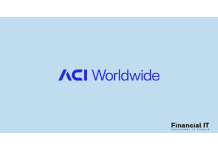LHV Bank Launches Easy Access Savings Account Paying 4...
- 27.11.2025 09:05 am
Innovative Debt Consolidation Technology Could Save...
- 25.11.2025 09:15 am
Friendly Fraud Expected to Increase by 25% Between...
- 25.11.2025 09:05 am
Zopa Bank Launches Investments to Help Brits Grow...
- 20.11.2025 09:05 am
Up to 46 Million Brits Hit With Unexpected Costs as...
- 19.11.2025 09:45 am
Smart Money App Plum Expands Cash ISA Bonus to...
- 06.11.2025 06:40 am
GoHenry Celebrates the Government’s Decision to Make...
- 05.11.2025 09:55 am
Urgent Need for Additional Support From Financial...
- 04.11.2025 08:55 am
Gatehouse Bank Partners with UK Charity Young...
- 03.11.2025 10:25 am
Klarna Launches Memberships: Premium Perks Without...
- 28.10.2025 08:55 am
National Pension Tracing Day: Millions Risk Losing Out...
- 24.10.2025 09:55 am
Half of UK Gen Alpha Teens Already Hold £1,000+ in...
- 13.10.2025 11:05 am






















